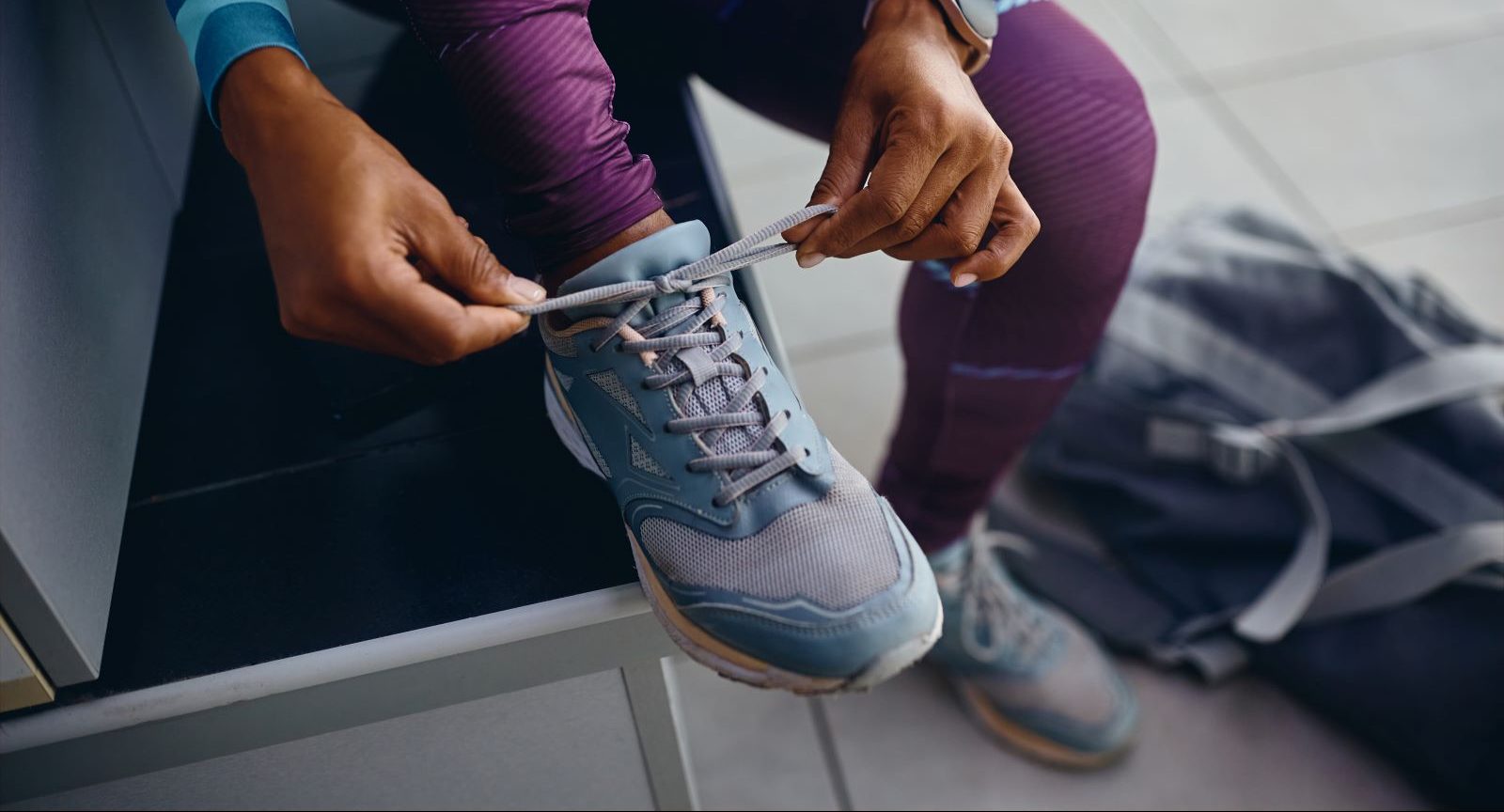<< Back
How Oncology Rehabilitation Can Help You During Cancer Treatment

April 06, 2023
The number of cancer survivors continues to grow thanks to medical advancements and early detection, and those survivors are living longer and more fulfilling lives. That’s due, in part, to oncology rehabilitation.
Oncology rehabilitation helps cancer patients before treatment begins or when treatment is over, and can help with almost every type of cancer diagnosis, says physical therapist Gretchin Bade, oncology program leader for Hartford HealthCare’s Rehabilitation Network.
“The increase in cancer survivorship has increased the need for recovery strategies for patients,” Bade says.
How does oncology rehabilitation work?
Patients are generally referred to a physical or occupational therapist by their physician. An assessment is then performed to create an individualized plan that helps them recover and heal faster than they would on their own.
“There is so much research that supports the benefits of physical activity during cancer treatment,” Bade says.
Some benefits include:
- Improved strength, balance, and endurance
- Less fatigue
- Improved physical function
- Reduced depression and anxiety
- Enhanced immune system and appetite
- Decreased risk of a cancer recurrence
What are the benefits?
Oncology rehabilitation can also address side effects of cancer treatment such as chemotherapy and radiation therapy, including:
- Pain
- Chemo-induced peripheral neuropathy
- Muscle spasms
- Lymphedema
- Urinary incontinence
- Deconditioning
- Cancer-related fatigue
“We focus a lot on the patient’s quality of life and getting back to their prior level of functioning,” says Bade.
For example, a breast cancer survivor who underwent radiation therapy will often have soft tissue tightness, pain, and high fatigue levels. Physical and occupational therapy can help treat these issues.
Can I start rehab before my treatment?
Additionally, patients can engage in “pre-hab” prior to having surgery or cancer treatment.
Working on increasing their aerobic capacity, core strength, posture, and flexibility in advance can help a patient feel better and recover quicker after treatment.
“Exercise is medicine,” Bade says. “Being physically active both before and after treatment is important to your recovery. When we can help you have a positive movement experience, the hope is that it will become part of a healthy lifestyle.”